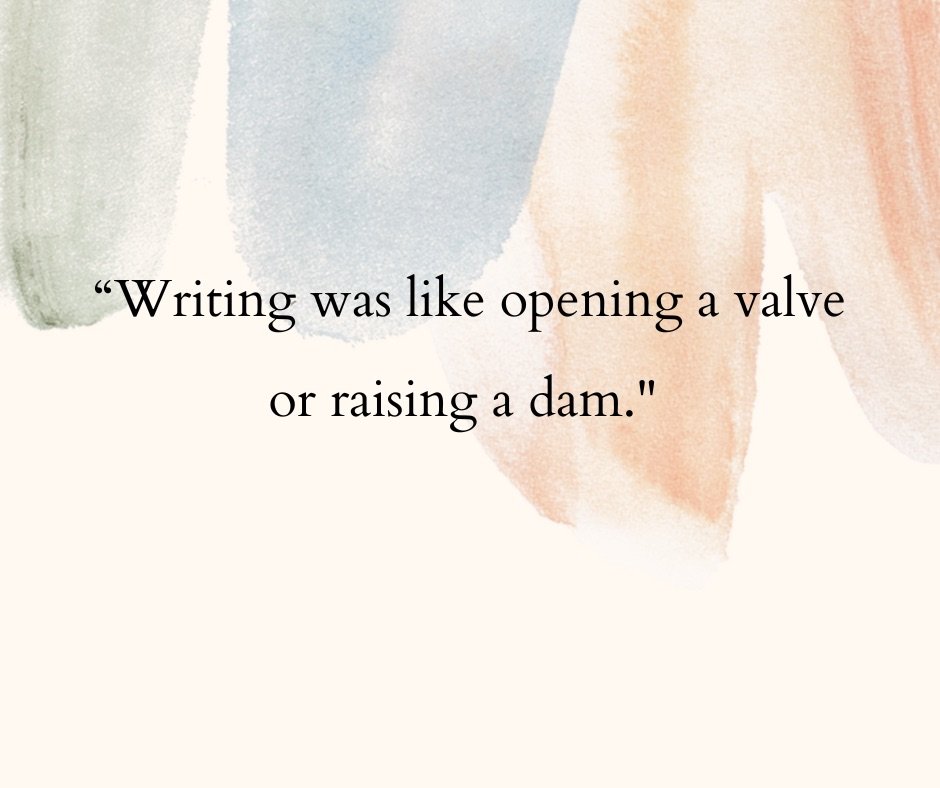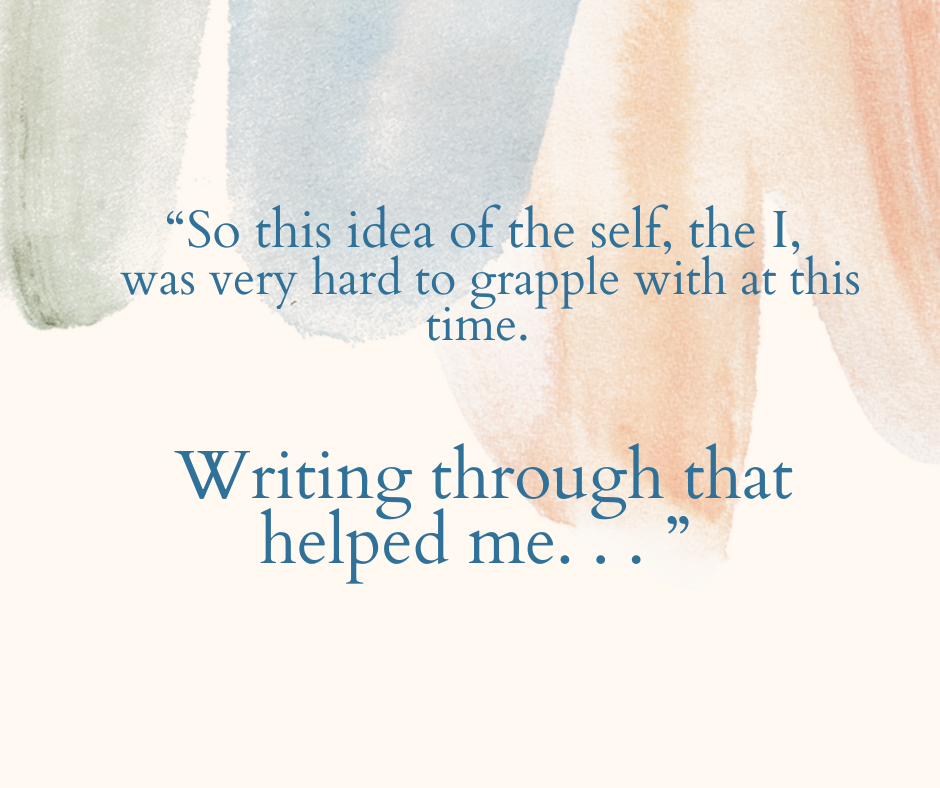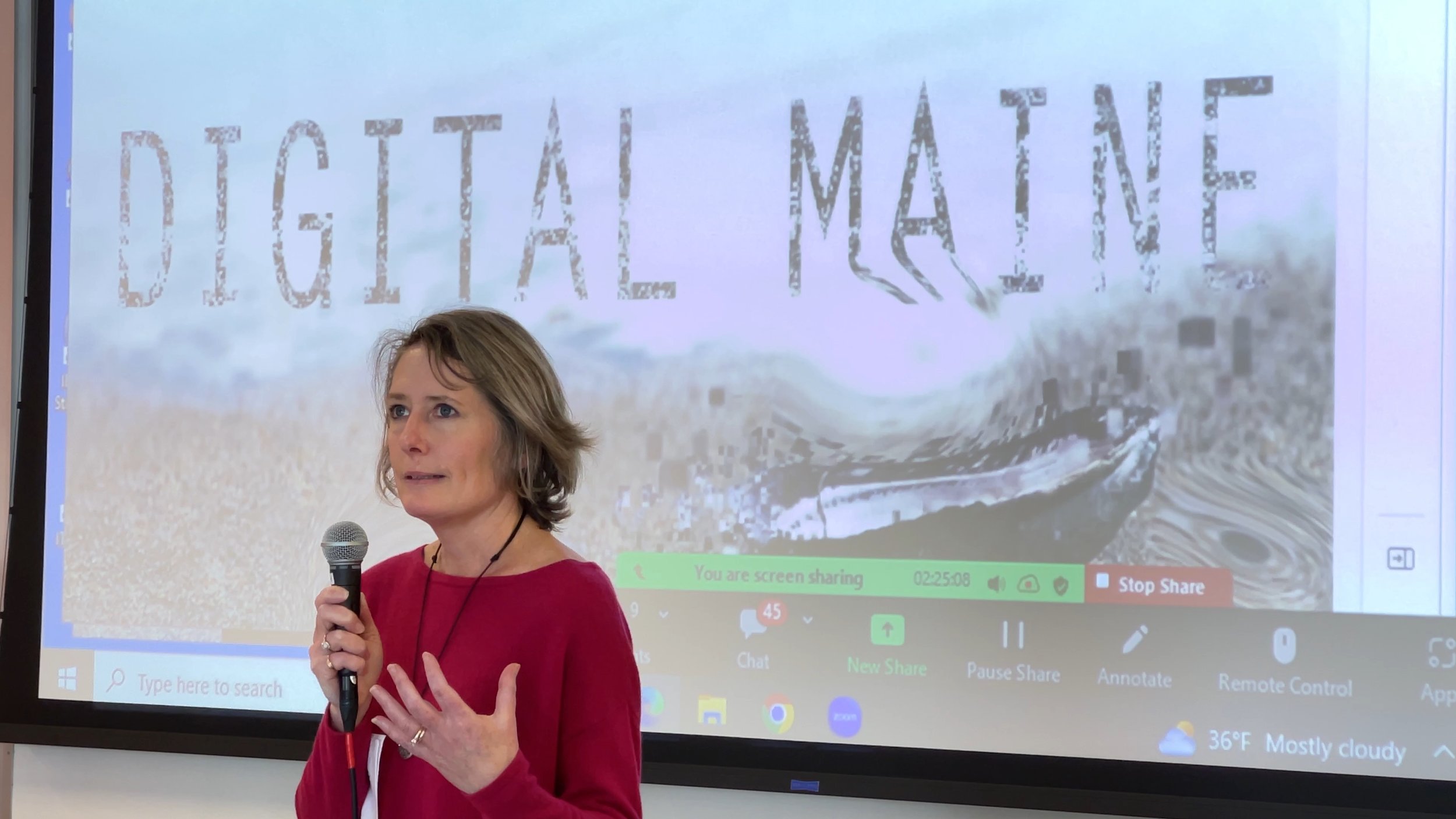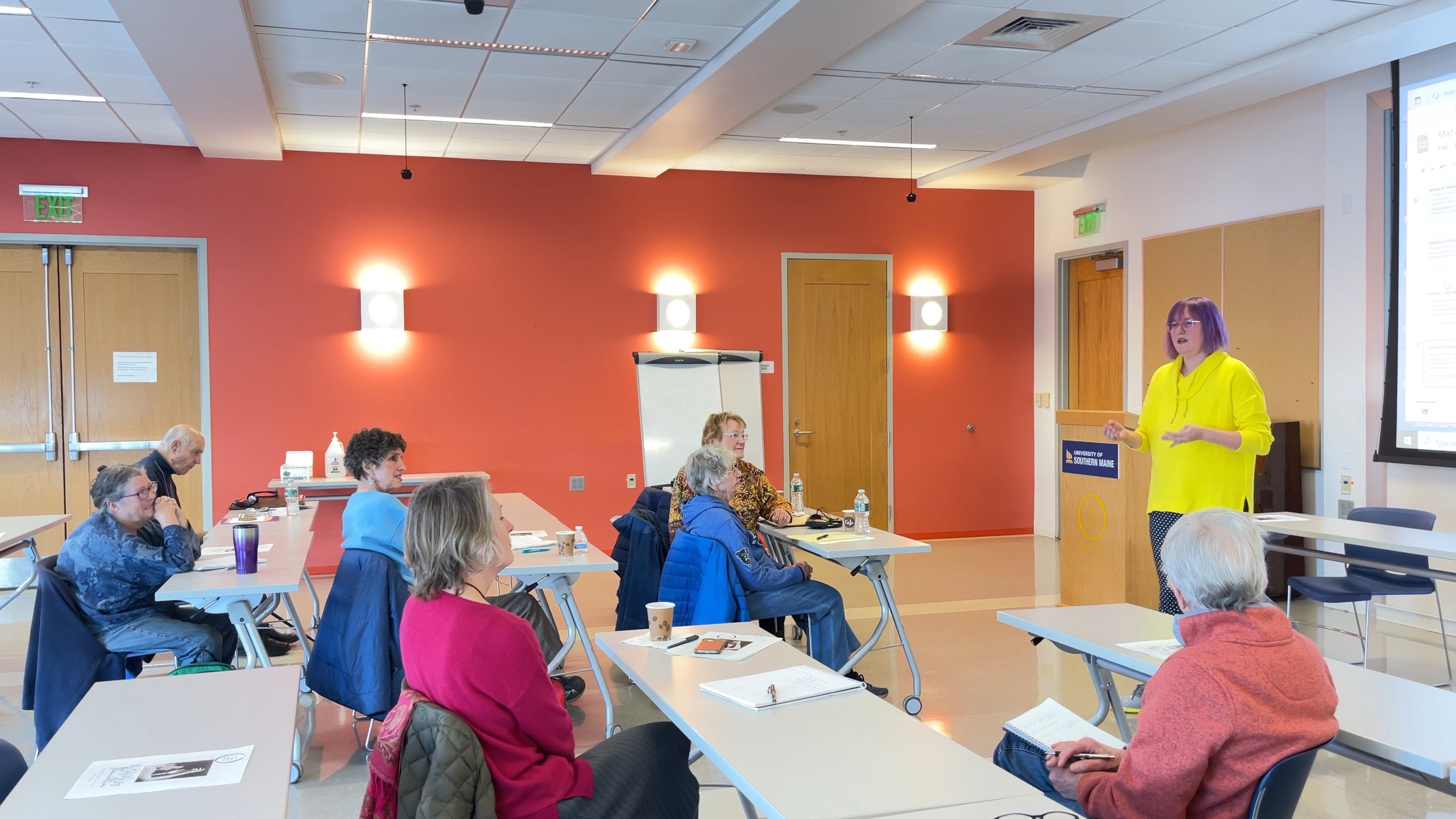My Body, My Story: Writing Illuminated Memoir
On November 18, 9 AM to 1 PM, the Osher Lifelong Learning Institute (OLLI) and Maine Digital Collaborative (MDC) held a special event on “My Body, My Story: Writing Illuminated Memoir” at the Wishcamper Center, Portland, University of Southern Maine.
The first session was led by Misty Krueger on "From Blonde to Blue and Beyond: My Chemo Hair Journey." Professor of English in the Division of Humanities at the University of Maine-Farmington, she reflected on her experience of breast cancer diagnosis and treatment, discussing how she turned to writing for self-expression and exploration. She talked about the risks that come with making personal writing publicly available.
Krueger said that “writing was like opening a valve or raising a dam.” In addition, the rhetorical choices she had to make while sharing personal writing online meant that she was writing for many audiences. Professor Krueger followed up with a blog post about the event, which offers more details.
In the second session, Professor Lisa Hibl talked about the “strange dynamism of writing” because its creative process is unpredictable. She noted, “Writing may give a sense of control to us, but so much value comes from when that valve opens, that dam raises, that comes from the creative arts that we don’t maybe always have control over. And that is the generative thing that can happen with expressive writing.”
Hibl guided participants through writing exercises, drawing on the work of Atul Gawande, Richard Seltzer, Anatole Broyard, Emily Dickinson, Walt Whitman, and Georgia O’Keefe. Her session was titled “Writing as Generative Practice: Distance, Intimacy, and Well-being.”
Donna Anderson, Director, Osher Lifelong Learning Institute
”The “My Body, My Story” seminar provided a unique opportunity for OLLI members to explore how expressive, narrative writing can help people to confront and process challenging health situations. The extraordinary generosity and creativity of both presenters and participants made this program rich and moving. At the same time we were able to learn more about the Maine Digital Collaborative, which will be an important resource for future literary partnerships.”
Both presentations exemplify the vision of Maine Digital Collaborative, said John Muthyala, Professor of English at the University of Southern Maine, and director of the Digital Humanities Initiative. He added:
“They are part-digital feminism, part-memoir, part-text, part-text, part-art, part-digital rhetoric. Such work leads us to “narrative medicine,” a concept offered by scholar Rita Charon to understand the interactions between patients and health professionals as storytelling and listening encounters. Charon urges readers and hearers of stories to cultivate “narrative competence,” which is the “the ability to acknowledge, absorb, interpret, and act on the stories and plights of others.”
For supporting the event, OLLI and MDC thank members of the Humanities Division at the University of Maine-Farmington, the Department of Intermedia, University of Maine, Orono, and Dean Lisa Walker, College of Arts, Humanities, and Social Sciences, University of Southern Maine.
Mike McCready of Portland, Maine, helped record the event.
John Muthyala, Donna Anderson, Misty Krueger, and Lisa Hibl















